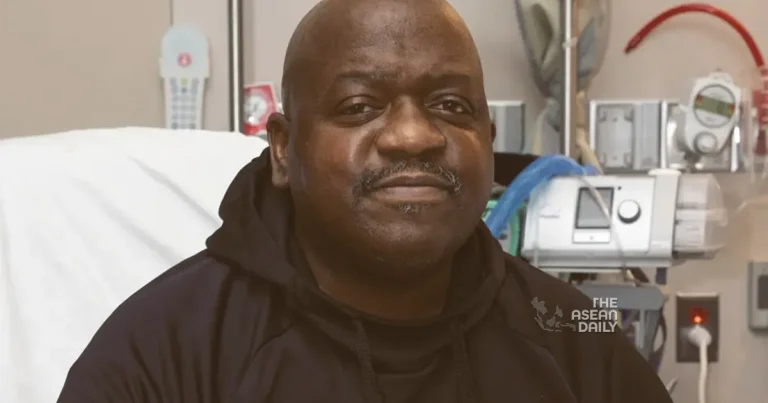4-4-2024 (BOSTON) The first patient to receive a kidney transplanted from a genetically modified pig has been discharged from the hospital just two weeks after the groundbreaking surgery. Richard Slayman, 62, has fared remarkably well, with his new kidney effectively producing urine, removing waste products, and balancing bodily fluids, according to his doctors at Massachusetts General Hospital.
“This moment – leaving the hospital today with one of the cleanest bills of health I’ve had in a long time – is one I wished would come for many years,” Slayman said in a statement. “Now it’s a reality.”
The successful transplant and its encouraging outcome represent a pivotal moment in medicine, potentially heralding an era of cross-species organ transplantation, scientistssay. Two previous attempts at transplanting genetically modified pig organs – both involving heart transplants – had failed, with patients dying within weeks due to suspected immune rejection.
However, Slayman’s body has accepted the pig kidney remarkably well, producing urine and performing crucial functions, according to Dr. David Klassen, chief medical officer for the United Network for Organ Sharing. “Though much work remains to be done, I think the potential of this to benefit a large number of patients will be realized,” he said.
The medical potential for pig-to-human transplantation is immense, offering a solution to the chronic shortage of human donor organs. More than 550,000 Americans have kidney failure and require dialysis, with over 100,000 on waiting lists for a transplant. Thousands of patients die annually while waiting for a human organ due to the lack of donors.
Slayman opted for the experimental procedure because he had few options left, facing difficulties with dialysis and a long wait for a donated kidney. The transplanted kidney came from a pig genetically engineered by biotech company eGenesis to remove genes that might trigger rejection and insert human genes to enhance compatibility.
While Slayman’s body did exhibit signs of rejection on the eighth day, his doctors were able to reverse it with steroids and other immunosuppressant medications. “It was a roller coaster (during) the first week,” said Dr. Leonardo Riella, medical director for kidney transplantation at Mass General. “Reassuringly, he added, Slayman responded to treatment like patients who receive organs from human donors.
Slayman will continue to be closely monitored and must take precautions to avoid infections due to the immunosuppressant drugs. However, his physicians are optimistic about his prospects for an improved quality of life.
“Ultimately, we want patients to go back to the things they enjoy doing, to improve their quality of life,” Dr. Riella said. “We want to avoid restrictions.”




